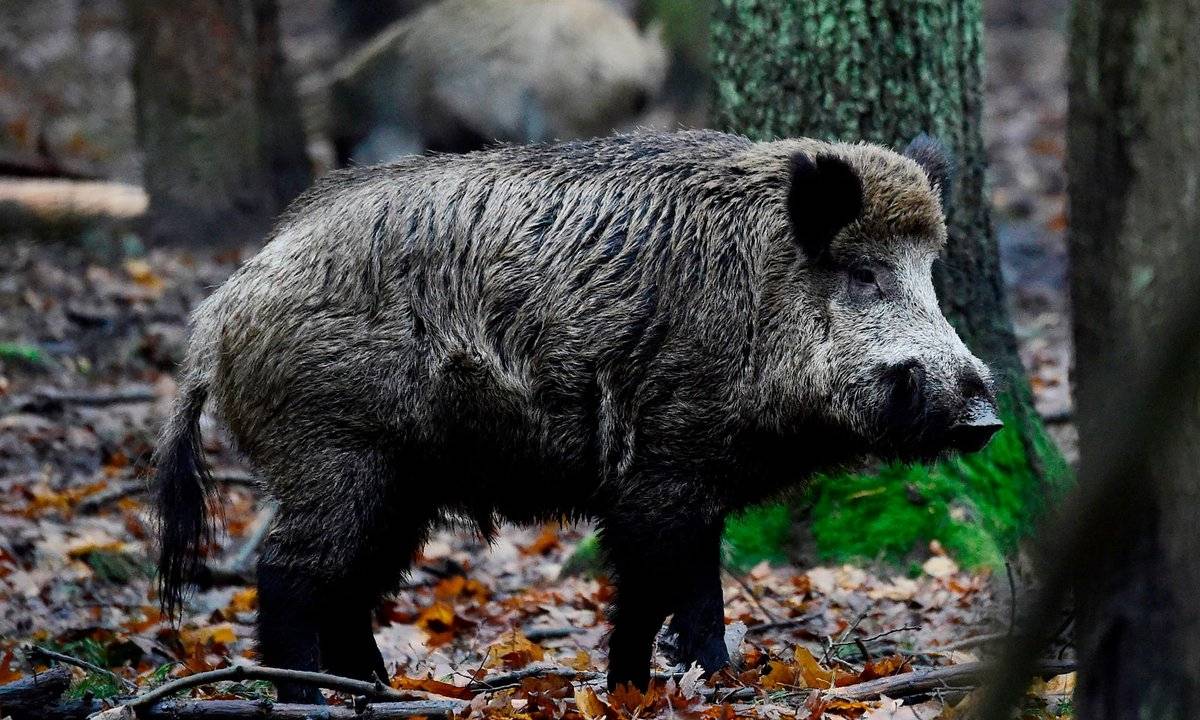While wild boars are a species protected by Schedule III of the Wildlife Protection Act, the Act also allows for culling of boars by following strict protocols….reports Asian Lite News
Following complaints from farmers, the Goa government on Thursday opened the doors for conditional culling of wild boars, which cause destruction to agricultural and horticultural crops.
According to an order issued by the Principal Chief Conservator of Forests, Santosh Kumar, the deputy conservators of forests in North and South Goa districts have been authorised to sanction culling order for the species (Sus scrofa) in privately-held areas.
“In exercise of the power conferred by Sub-section (2) of Section 5 of the Wildlife (Protection) Act, 1972, I, the Chief Wildlife Warden of Goa, with prior approval of the Government of Goa do hereby delegate the powers and duties under Clause (b) of Sub-section (1) of Section 11 of the said Act exclusively in relation to the wild animal, namely wild pig (sus scrofa), as specified at serial number 19 of the Schedule III of the said Act, to Dy Conservator of Forests (North Goa Forest Division) and Dy Conservator of Forests (South Goa Forest Division),” an order issued by Kumar said.
The decision of the state government comes ahead of the 2022 Assembly polls and on the heels of a series of complaints by farmers in Goa’s hinterland, who had complained of destruction of crops by the marauding herds of wild boar.
While wild boars are a species protected by Schedule III of the Wildlife Protection Act, the Act also allows for culling of boars by following strict protocols.
Wild boars can only be culled in privately-held areas following a formal complaint to the forest authorities by aggrieved farmers and following a panchnama and favourable report by the local range forest officer.
Only professional shooters are allowed to kill wild boars with heavy bore rifles and the carcass of the slain animal is treated as government property, which cannot be sold commercially.
Incidentally, wild boar is a popular but contraband game meat in Goa, often sold at restaurants in rural areas.
Rapid deforestation and urbanisation has led to increasing human-animal conflict throughout the state.
Recently, Chief Minister Pramod Sawant had told the state Assembly that the Goa government is in the process of planting fruit bearing trees in the forest areas and other lands available for plantation to prevent wild animals from entering human habitation.
Some years back, peacocks featured on the state agriculture ministry’s wish-list of vermin species, along with monkeys and bisons, with farmers claiming the species were damaging crops extensively. While the peacock is the national bird, the bison is the state animal.

Leave a Reply